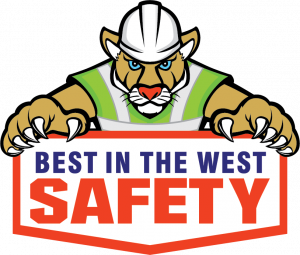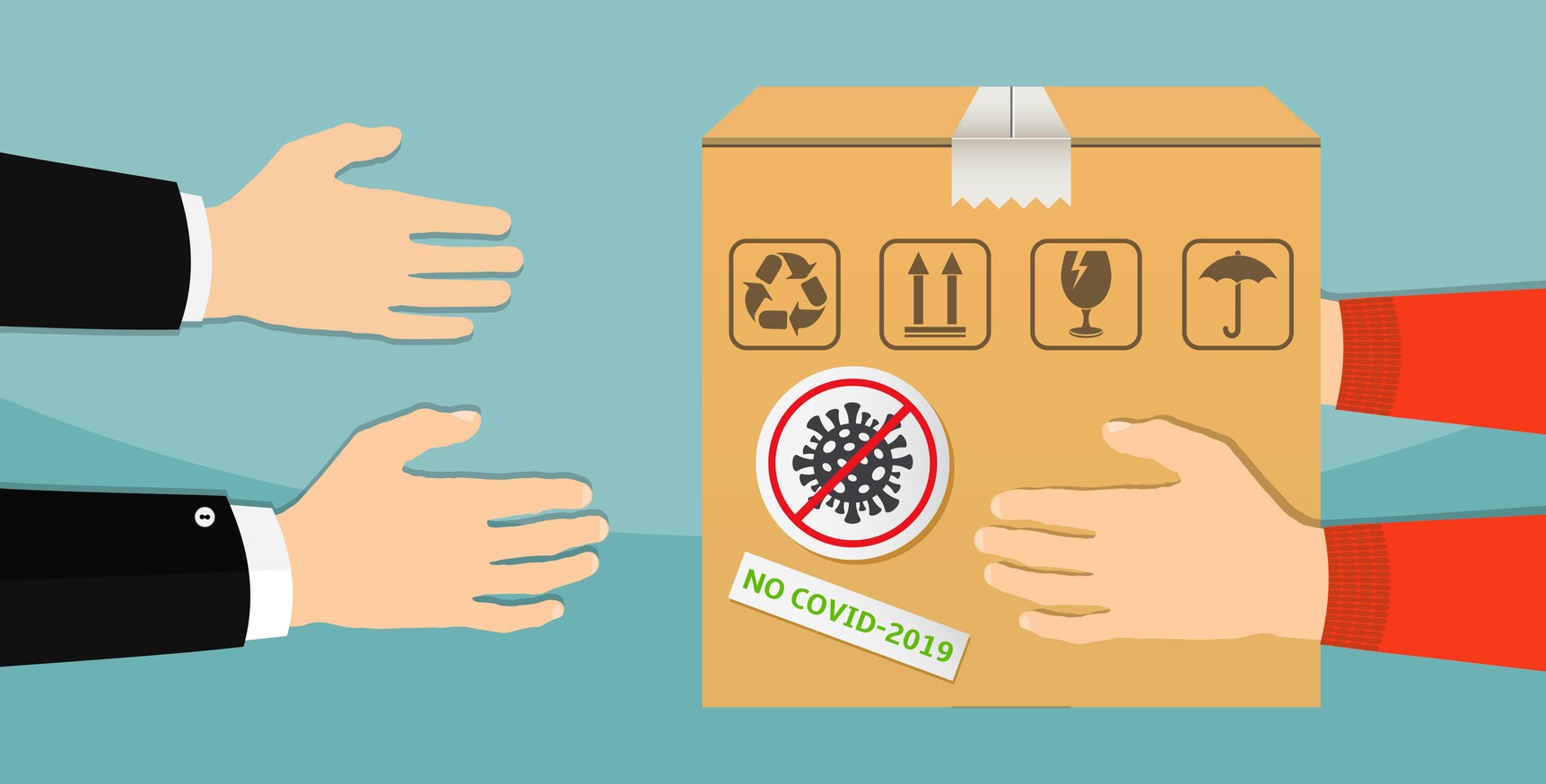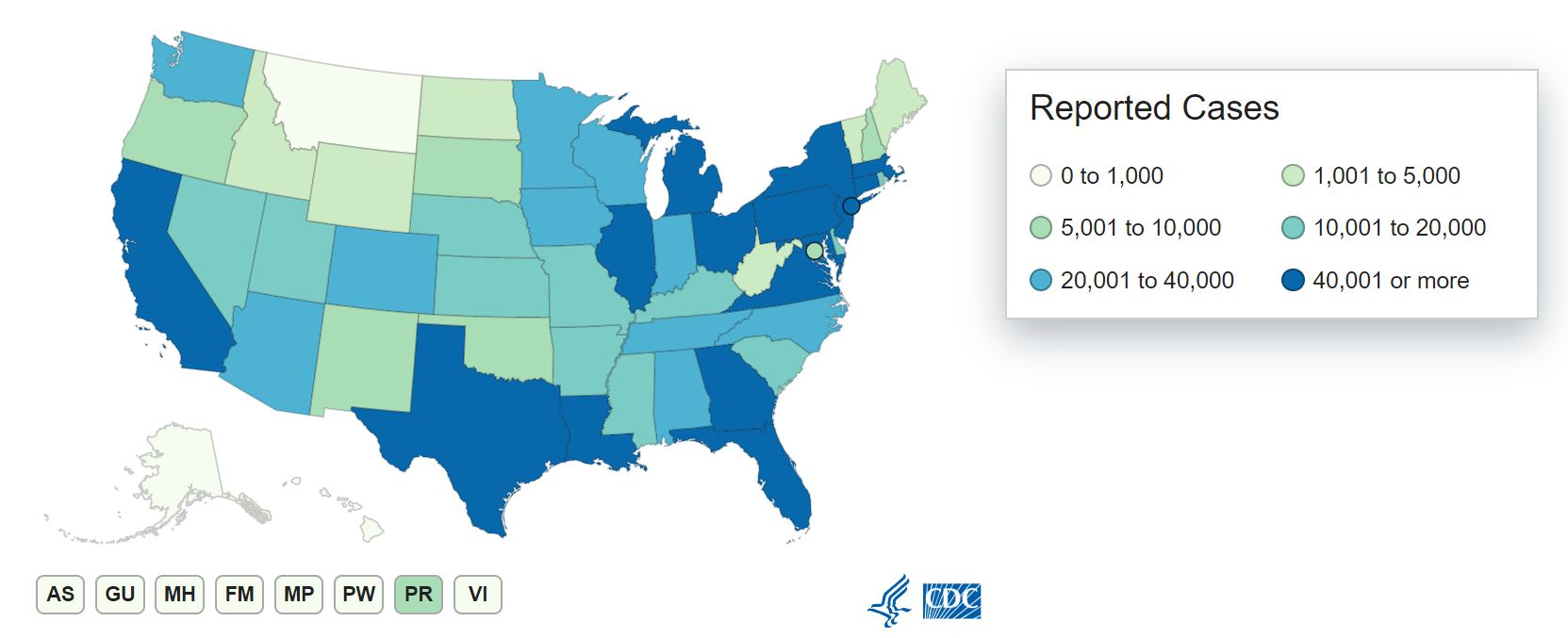
6/19/2020 UPDATES:
2,155,572 coronavirus cases are confirmed inside the United States.
117,632 deaths in the US resulting from the coronavirus have been confirmed.
In Nevada, 12,094 cases are confirmed and 493 deaths resulting from the coronavirus.
What is the coronavirus (COVID-19)?
COVID-19 is a novel (new) coronavirus first detected in China and has now been detected in 60 locations internationally, including in the United States. The virus has been named “SARS-CoV-2” and the disease it causes has been named “coronavirus disease 2019” (abbreviated “COVID-19”).
Coronaviruses are a large family of viruses that are common in people and many different species of animals, including camels, cattle, cats, and bats. Rarely, animal coronaviruses can infect people and then spread between people such as with MERS-CoV, SARS-CoV, and now with this new virus (named SARS-CoV-2).
The SARS-CoV-2 virus is a betacoronavirus, like MERS-CoV and SARS-CoV. All three of these viruses have their origins in bats. The sequences from U.S. patients are similar to the one that China initially posted, suggesting a likely single, recent emergence of this virus from an animal reservoir.
Dr Peter Lin explains everything you need to know about the coronavirus:
What are the symptoms of coronavirus?
The symptoms for coronavirus disease 2019 (COVID-19) are:
- Fever
- Cough
- Shortness of breath
These symptoms may appear 2-14 days after exposure.
What Should I Do If I Get COVID-19?
If you have the coronavirus, or suspect you may have it, stay home. The best course of action is to avoid spreading the virus to others around you. Be sure to stock up on food and necessary home supplies to avoid going out as much as possible.

Wear a facemask when you are around other people to help prevent spreading the virus. You should also take special care to:
- Cover your coughs and sneezes.
- Wash you hands often.
- Regularly disinfect surfaces that you often touch.
What Are the Emergency Warning Signs of the Coronavirus?
If you develop any of the following emergency warning signs of the coronavirus, get medical attention immediately. The emergency warning signs are:
- Difficulty breathing or shortness of breath
- Persistent pain or pressure in the chest
- New confusion or inability to arouse
- Bluish lips or face
This list is not all inclusive. If you develop other symptoms that you believe to be severe or concerning, consult with your medical provider.
Should I be concerned about pets or other animals spreading COVID-19?
While this virus seems to have emerged from an animal source, it is now spreading from person-to-person in China. There is no reason to think that any animals including pets in the United States might be a source of infection with this new coronavirus. To date, CDC has not received any reports of pets or other animals becoming sick with COVID-19. At this time, there is no evidence that companion animals including pets can spread COVID-19. However, since animals can spread other diseases to people, it’s always a good idea to wash your hands after being around animals. For more information on the many benefits of pet ownership, as well as staying safe and healthy around animals including pets, livestock, and wildlife, visit CDC’s Healthy Pets, Healthy People website.
Can packages from China be infected with the coronavirus?

There is still a lot that is unknown about the newly emerged COVID-19 and how it spreads.
In general, because of poor survivability of these coronaviruses on surfaces, there is likely very low risk of spread from products or packaging that are shipped over a period of days or weeks at ambient temperatures. Coronaviruses are generally thought to be spread most often by respiratory droplets.
Currently there is no evidence to support transmission of COVID-19 associated with imported goods and there have not been any cases of COVID-19 in the United States associated with imported goods.
Should I use a facemask to prevent coronavirus?
While CDC had previously recommended you DON'T use facemasks, they have since then changed their recommendation. This is due recent studies indicating a significant portion of individuals with coronavirus lack any symptoms and even those who eventually show symptoms can transmit the virus before showing symtoms.
For this reason, CDC now recommends that everyone wear a CLOTH facemask. Note that they don't recommend surgical masks or N-95 respirators since those should be saved for healthcare workers. To make a simple cloth facemask from home materials, watch this video:
How does the virus spread?
There are two ways the virus is spreading:
Person-to-person spread
The virus is thought to spread mainly from person-to-person.
Between people who are in close contact with one another (within about 6 feet).
Through respiratory droplets produced when an infected person coughs or sneezes.
These droplets can land in the mouths or noses of people who are nearby or possibly be inhaled into the lungs.
Spread from contact with infected surfaces or objects
It may be possible that a person can get COVID-19 by touching a surface or object that has the virus on it and then touching their own mouth, nose, or possibly their eyes, but this is not thought to be the main way the virus spreads.
How to avoid getting the coronavirus
There is currently no vaccine to prevent coronavirus disease 2019 (COVID-19). The best way to prevent illness is to avoid being exposed to this virus. However, as a reminder, CDC always recommends everyday preventive actions to help prevent the spread of respiratory diseases, including:
- Avoid close contact with people who are sick.
- Avoid touching your eyes, nose, and mouth.
- Stay home when you are sick.
- Cover your cough or sneeze with a tissue, then throw the tissue in the trash.
- Clean and disinfect frequently touched objects and surfaces using a regular household cleaning spray or wipe.
- Follow CDC’s recommendations for using a facemask.
- CDC does not recommend that people who are well wear a facemask to protect themselves from respiratory diseases, including COVID-19.
- Facemasks should be used by people who show symptoms of COVID-19 to help prevent the spread of the disease to The use of facemasks is also crucial for health workers and people who are taking care of someone in close settings (at home or in a health care facility).
- Wash your hands often with soap and water for at least 20 seconds, especially after going to the bathroom; before eating; and after blowing your nose, coughing, or sneezing.
- If soap and water are not readily available, use an alcohol-based hand sanitizer with at least 60% alcohol. Always wash hands with soap and water if hands are visibly dirty.
Coronavirus Infographics and Flyers
The best way to prevent the spread of the coronavirus in the workplace is to keep everyone educated. The following are links where you can find useful infographics and flyers that you can post in your workplace:
- The Centers for Disease Control and Prevention has a list of print resources, from COVID-19 facts to what to do if you're infected.
- The World Health Organization (WHO) has created a series of printable infographicsas a reminder to people about not spreading contamination.
- The European Centre for Disease Prevention and Control has infographics and leaflets on handwashing and minimizing the spread.
